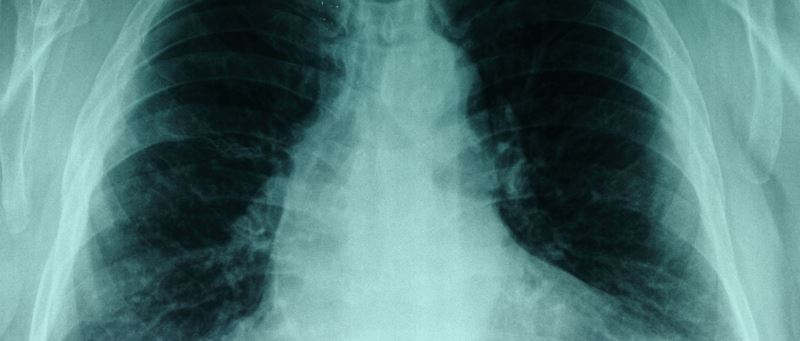What Are Vertebral Tumors & How Are They Treated?
Category: Spine Surgery | Author: Stefano Sinicropi

Vertebral tumors, as the name implies, are tumors that develop in the vertebral canal of your spine. As they grow, they can shift the spinal canal and cause serious problems, even if they are non-cancerous growths. Below, we take a closer look at the signs and symptoms of vertebral tumors, and we share how we treat the tumors at our clinic.
Signs of a Vertebral Tumor
Since there are a number of different vertebra in your spine and the size of these growths can vary significantly, the signs and symptoms of a vertebral tumor may be different for every person. That being said, there are some symptoms that tend to arise more frequently in patients with a tumor in their vertebral canal. Those symptoms may include:
- Pain at the tumor site in the spine.
- Radiating spine pain.
- Muscle weakness in the arms or legs.
- Loss of sensation or feeling in your arms, legs, hands and feet.
- Inhibited gait or difficult walking.
- Loss of bowel or bladder function.
- Decreased pain sensitivity in the region.
- Varying degrees of paralysis due to nerve compression.
Diagnosing and Treating Vertebral Tumors
Successful treatment of a vertebral tumor depends on the size, location and whether or not it is cancerous and if the cancer has spread. The earlier the tumor is detected, the more successful treatment techniques tend to be. However, it’s not always easy to detect the early warning signs and have the problem diagnosed by by a spine specialist. That’s because as we noted above, many of the symptoms of a vertebral tumor mimic symptoms of other, less serious conditions, like a muscle spasms, herniated discs or pinched nerves.
The above symptoms are important because they may indicate the presence of a spinal tumor, but there are also risk factors and other signs that may suggest the pain is due to a tumor. For example, if your pain is persistent, if it comes out of nowhere (or isn’t brought on by things like movement or physical activity), if your family has a history of cancer or you’re also experiencing dizziness or are vomiting, consult with a spinal expert as soon as possible.
Vertebral tumors are typically treated with radiation therapy, surgery, or a combination of the two. You may also undergo a biopsy to determine if the growth is cancerous or benign. Your specific course of treatment will vary depending on the site of the growth, the size of the tumor, whether or not it’s cancerous and if it is compressing certain structures in the spine, but the goal of the surgery will be to remove the entire growth and stabilize the spine. This may include a fusion operation, the insertion of spinal hardware, or another related procedure.
Minnesota Spine Tumor Surgery
So if you are experiencing any of the above symptoms, or you have a history of cancer in your family, you owe it to yourself to talk with a spine specialist. Dr. Sinicropi is more than happy to sit down with you and to go over any concerns you might have. Reach out to his office today for more information.